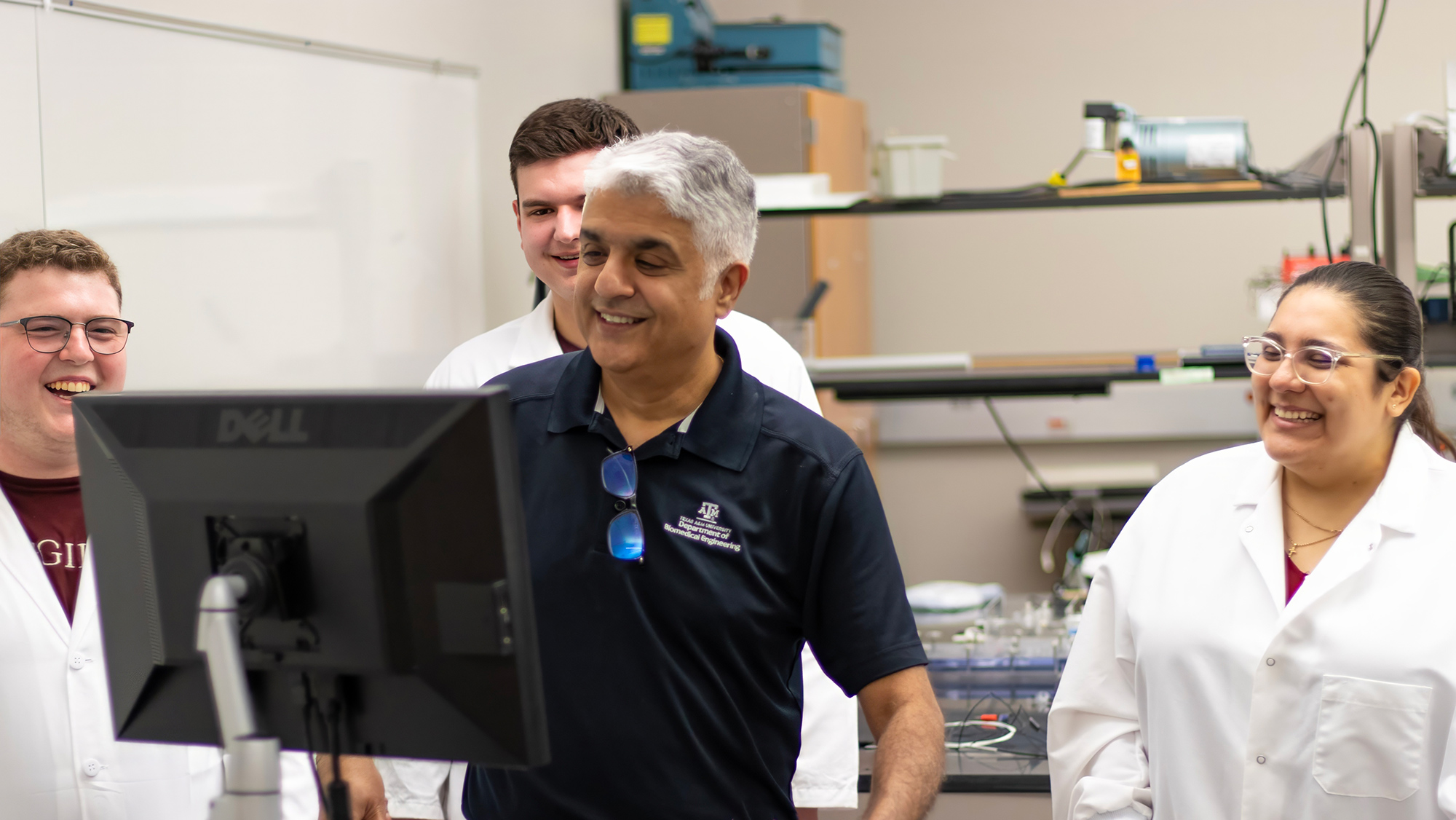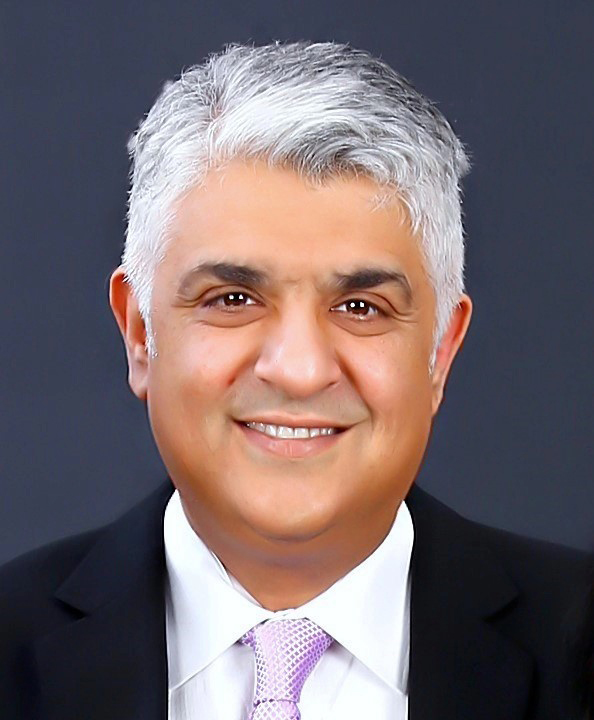
The National Academy of Inventors (NAI) elected Dr. Balakrishna Haridas to its 2023 class of fellows.
Haridas is a professor of practice and the director of translational research in the Department of Biomedical Engineering at Texas A&M University. He is also the deputy executive director for the recently renewed Southwest-Midwest Pediatric Device Innovation Consortium (SWPDC), a federally funded group created to address the deficit in pediatric device development and innovation.
NAI fellows are academic inventors who demonstrate innovation in creating or facilitating inventions that have made a tangible impact on quality of life, economic development and the welfare of society. Fellows also contribute to areas such as patents and licensing, innovative discovery and technology.
It is truly an honor for me to be included in this group populated with experts who have paved the way as inventors and innovation leaders.
“It is truly an honor for me to be included in this group populated with experts who have paved the way as inventors and innovation leaders,” Haridas said. “NAI is a unique academy in that it recognizes cumulative societal impact via sustained contributions to translational research, invention, development, commercialization of deep technology.”
While he recognizes this honor is awarded individually, Haridas said he is thankful for all the academic institutions he has served and his industry experiences, research staff, collaborators, graduate and undergraduate students, peers and mentors.
The news comes shortly after the U.S. Federal Drug Administration renewed a $7.4 million grant to support SWPDC researchers in developing and innovating pediatric devices. Haridas and his lab lead projects in minimally invasive fetal, neonatal and pediatric surgery to reduce risks for mothers and babies in early-stage surgeries.

“I have had the opportunity to work on and solve some of the most challenging problems in implantable medical devices and minimally invasive surgery, translate research into FDA-cleared products and bring this translational research experience into academia,” Haridas said. “Cumulatively, this work has enabled devices and interventional treatments for large numbers of adult and pediatric patients across clinical specialties, such as gastrointestinal diseases, advanced wound care, soft tissue repair and cardiovascular or neurovascular diseases.”
Haridas said that, in total, his work has been supported by over $100 million in government and private funding and has generated products with a revenue impact of around $2 billion.
The 2023 fellow class hails from 118 research universities and governmental and non-profit research institutions worldwide. The group collectively holds over 4,600 issued U.S. patents. Haridas will be formally inducted as a fellow of NAI at its 13th annual meeting on June 18th, 2024.